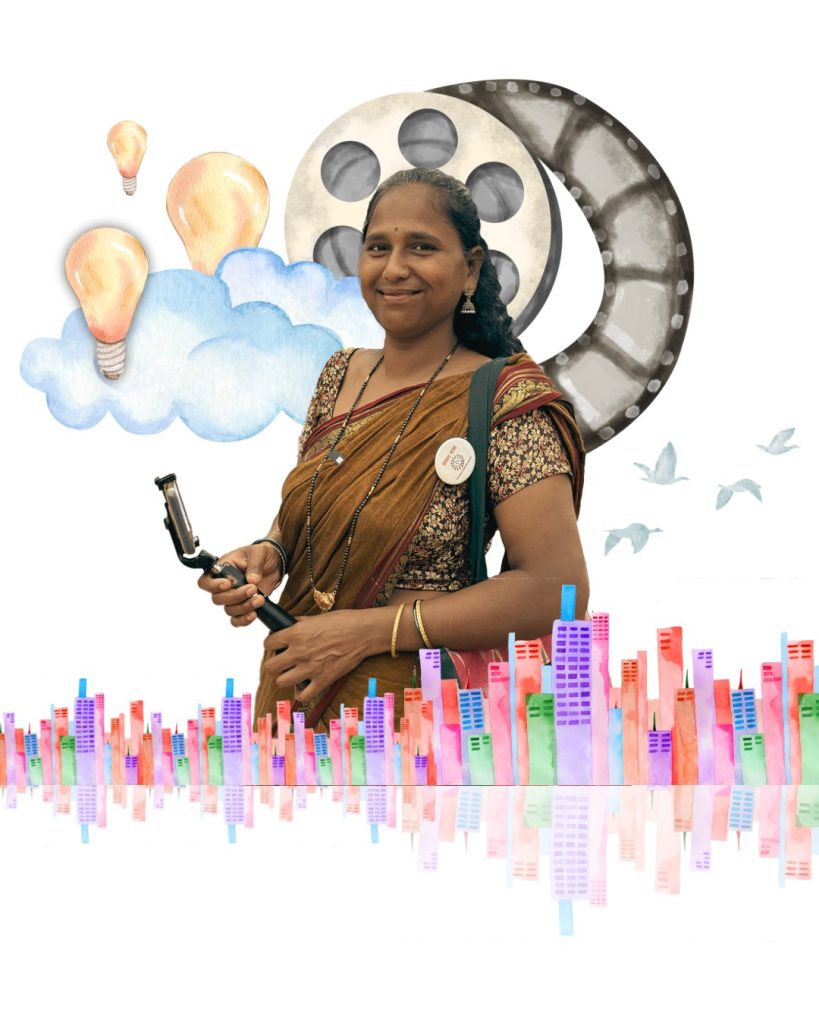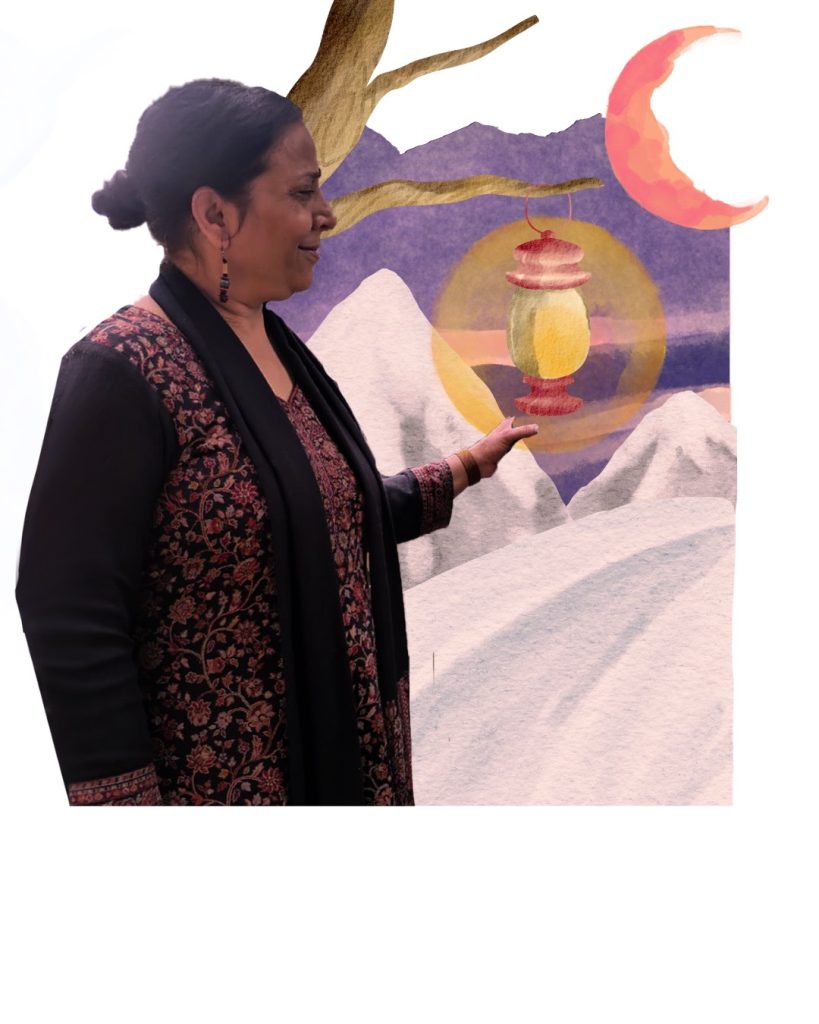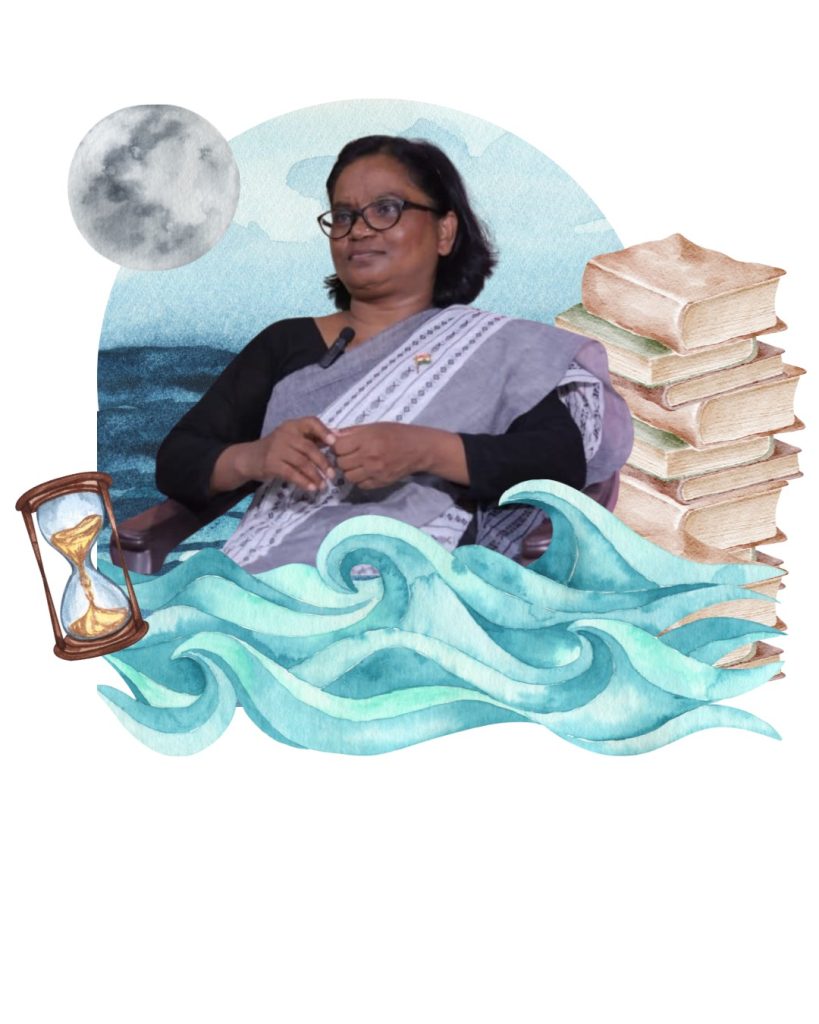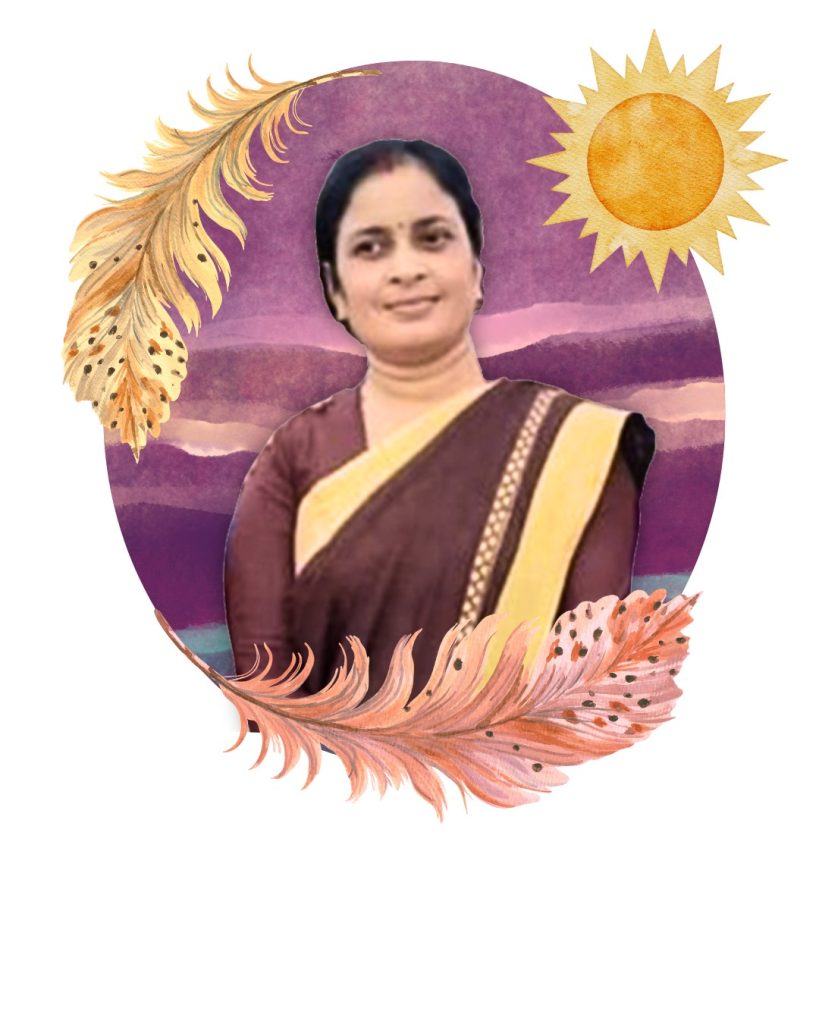‘Hope means healing day after day, a spirit that is broken and bruised’
We asked women who we report on and are inspired by to tell us what or who gives them hope, or what they would like to see change in 2025. These are their stories.

In 2025, Behanbox wants to radically reimagine the idea of hope. What does hope mean? How do we foster it in the face of continuing challenges, unequal structures, shrinking of rights, climate crisis, neoliberal politics among other things? There are questions for ourselves as much as they are for building a fairer and equal world.

Kavita Khomane
Work: Public toilet operator
Location: Mankhurd, Mumbai
Women in my basti don’t live for themselves. Their families often hold them back, denying them the freedom to explore the world or pursue their dreams. I hope this changes in 2025. With the support of an NGO and TISS, I had the chance to learn filmmaking—a skill I never imagined I could master. I created a film about the lives of toilet operators. Nothing is empowering enough to be able to film my own life, our (toilet operator’s) plight, a story that resonates deeply with myself.
Just a year ago, I didn’t know how to click a photo with a mobile phone and I don’t even own a basic mobile phone but today, I can confidently vlog, shoot stories. I have found my voice and it’s being heard. I hope more women from marginalized backgrounds should get such opportunities. I am hoping to share my knowledge and skills with women around me in the new year. I also wish to get a new mobile phone in the new year which will provide a canvas for my ideas and skills.
As told to Priyanka Tupe.

Anita Kapoor
Work: Activist with Shahri Mahila Kaamgar Union
Location: New Delhi
Year after year seems the same with little changing for women workers. But in 2025, I hope domestic workers receive recognition and more attention from the policy makers. As more women are stepping into the workforce, there is an increased demand for domestic workers but there are no legislations or regulations. I hope the government brings in a multi-party regulatory board like in the case of construction workers. I hope we start looking at domestic workers’ workplaces as workplaces and provide them support under the POSH Act. This is where I have a sliver of hope rather than despair that we might be able to bring in something for domestic workers and that Delhi will also introduce minimum wages like 14 other states have.
As told to Shreya Raman.

Pratima Paswan
Work: A researcher with Part III, a social justice NGO
Location: Bihar, India
For me, hope means healing day after day, a spirit that is broken and bruised, and making it resilient enough to continue my work. There is no day when I’m not disappointed: it might be due to some stress at home, or in the office, or due to the injustices we see everyday in the legal system. All of this together takes a toll. But when I wake up in the morning, I feel fresh, energised. Main har din ka dukh raat mein vaise hi chhod deti hu, aur kaam mein lag jaati hain.
My day starts before dawn around 5 and the hectic schedule continues until 9:30-10 pm at least. At Part III, I’m working to increase access and reach of The Scheduled Castes and the Scheduled Tribes (Prevention of Atrocities) Act, 1989. People think of legal support for the SC/ST Act as compensation-related work only; they think if an aggrieved person reaches out to us, we just have to do a fact-finding report and get them compensation. But I work on giving them legal advice, helping them with a lawyer who can help fight their case, and getting them fair compensation. I also work with related government officials such as the SC/ST welfare departments to organise training. With them, I often organise legal camps at panchayat levels to understand legal cases and meet families to offer legal aid. I also interview people who have worked on the SC/ST Act to understand the challenges in the design and implementation of the law, and document this with our team.
I study and write in the morning, then visit the client’s office if we have a case, go to the court some days, or continue with office work before returning home. I find a lot of happiness in my work because it holds a lot of meaning for me. For me hope means to approach every day like it’s a new beginning, and direct the energy to the work I’m inspired to do.
Books often give me comfort to move forward. I adored Sushila Takabhaure’s Shikanja ke Dard; I’m doing Ramnika Gupta’s books right now. But more than that, I take strength from people in real life. I look at my family, namely my father and grandmother. I think of my community, the people who feel vanquished everyday but still continue. I’m disappointed the most by the system, but I’m inspired every day by these people around me who live on: they work, provide for themselves, find joy in whatever shape.
In 2025, I hope to work on and push past challenges that have remained stuck in the system for so long, by uniting with the community as a collective. Drug use and addiction has been rising among young people in Bihar. When it is spoken about by the media and leaders, people sensitise the story as a singular instance, but no one mentions drugs, the scale of addiction, or how young people are killing their families, their girlfriends due to intoxication. There are deaths everyday. This was not the case 15 years ago, but now, this addiction has swept through every house and young people have become drug addicts with no past or future. How do we address this, how do we challenge the power and force of mafias? Yeh bahut mazbut log hain, inse ladh paana mere akele ki bass ki nahi hain.
If different people with influence, such as the media and official authorities work together on this, then maybe people will document the pain and violence of women (including widows) who see their children losing their life to addiction. Nobody acknowledges this grief. What gives them hope every day to continue living, I think about this every day.
The government doesn’t want anyone to raise this issue; those who say something receive threats. This is a daunting task, but in 2025, I want to work with women and people in my community to advance this issue, to give voice to this crisis, to write about this. I hope I’m able to do it.
As told to Saumya Kalia.

Lakshmi Kaurav
Work: ASHA worker and Union Leader
Location: Guna, Madhya Pradesh
‘Ek ASHA diwas ho’ ( There must be a day dedicated to ASHA workers). This is my one big hope for 2025, a year that marks the 20 years of the institution of ASHA. India’s health system stands on our shoulders and to have one day dedicated to us is a start for recognising us.
For me, to hope is also to imagine. And here, I would offer a very radical reimagination of ASHA. I imagine us as ‘Digital ASHAs’. Digital is the reality, so why not embrace it? But in a way that it serves us. I imagine a digital system, an app if you like, that not only advances our work but also recognises us. At the moment, there is no record or log of our work. When I say I work 18 hours a day, I have been asked what the evidence is? And it is true that there is just no evidence for this claim except our own blood, sweat and tears. If there was a digital system that allowed us to log our tasks along with the number of hours spent and the outcomes, it would be easy to not only account for our work but compensate us fairly within the existing system. Since,w e do not have an office, this system will be our ‘office’.
I have an imagination of the architecture of such a digital system in mind already.
As told to Bhanupriya Rao.
What gives you hope this new year? Write to us at contact@behanbox.com.
We believe everyone deserves equal access to accurate news. Support from our readers enables us to keep our journalism open and free for everyone, all over the world.

